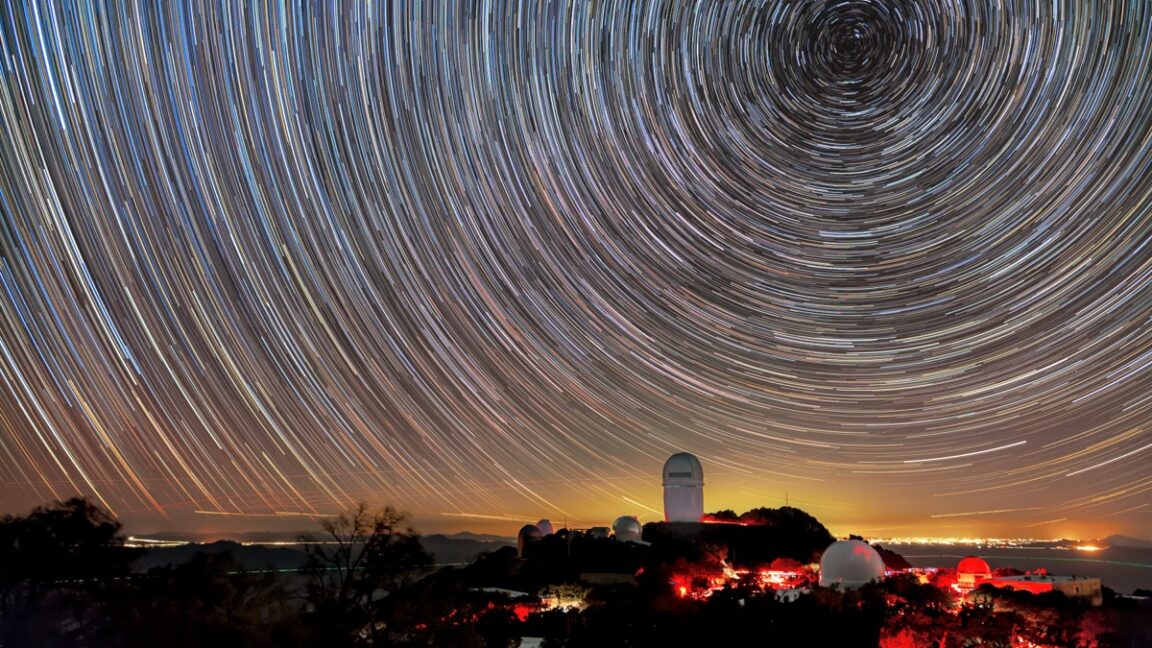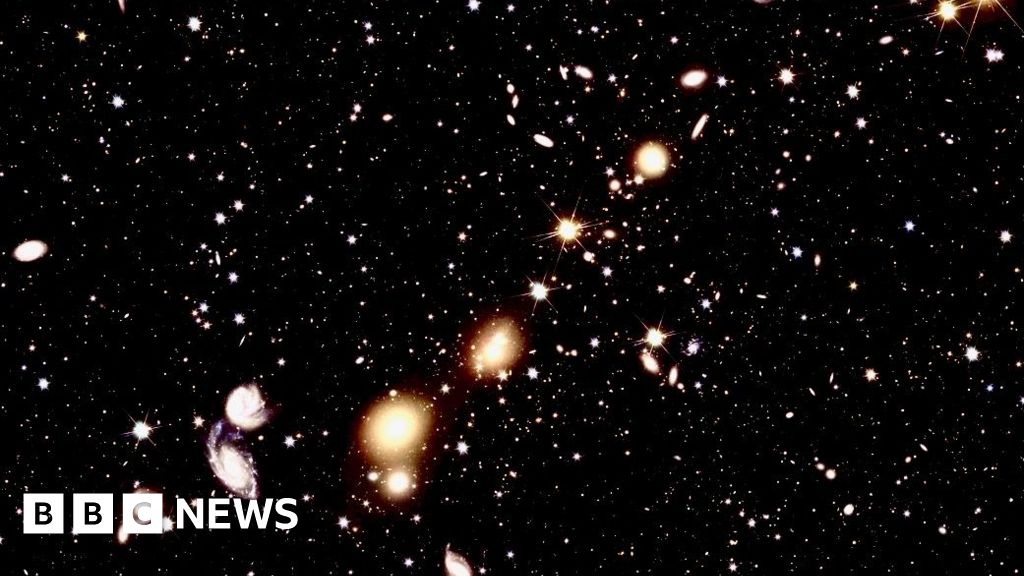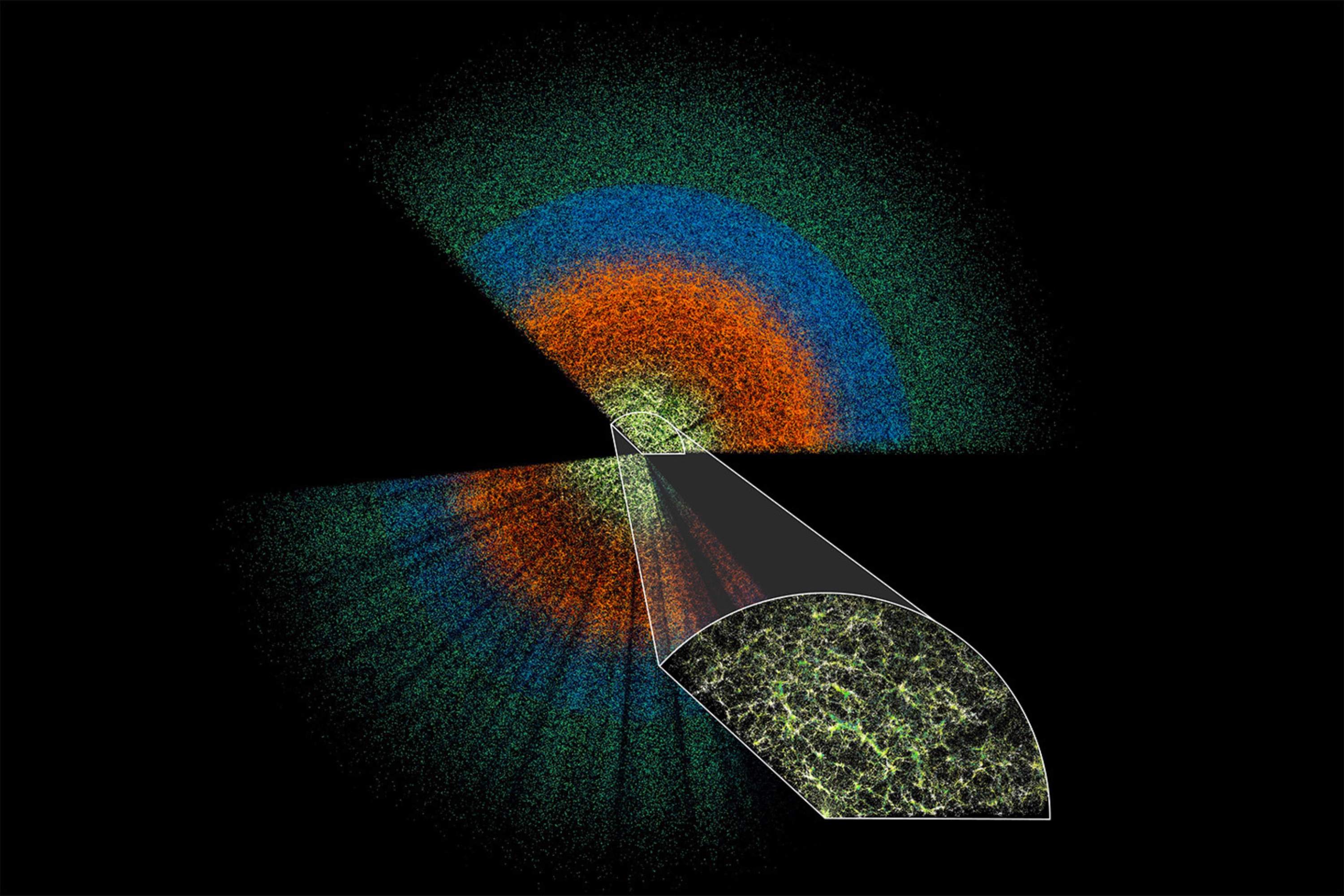New Insights on Dark Energy Challenge Current Cosmological Theories
Recent findings indicate that dark energy, driving the universe's expansion, may be weakening over time, questioning established cosmological models.
Overview
Emerging data from the Dark Energy Spectroscopic Instrument (DESI) suggest that dark energy, long viewed as a constant, may actually be weakening. This leaves astrophysicists reconsidering cosmological models that predict the universe's fate. The findings stem from analyzing nearly 15 million galaxies and quasars over 11 billion years, laying the groundwork for a potential paradigm shift in cosmology. However, the evidence has yet to meet the gold standard for definitive claims, calling for further investigation and validation from additional studies in the field.
Analysis
Analysis unavailable for this viewpoint.
Sources (7)
Center (4)
FAQ
Recent data from the Dark Energy Spectroscopic Instrument (DESI) indicate that dark energy might not be constant, as previously thought. The findings show subtle hints of a weakening effect, though the evidence is not yet conclusive and requires further validation.
If dark energy is weakening, it could fundamentally alter our understanding of the universe's future. This would imply that dark energy is not a constant cosmological constant, potentially leading to a paradigm shift in cosmology and changing projections about the universe's long-term expansion.
If dark energy evolves, it challenges the Lambda Cold Dark Matter (ΛCDM) model, which assumes dark energy is constant. This could lead to a reevaluation of the model and potentially introduce new physics to explain the observed phenomena.
History
This story does not have any previous versions.


